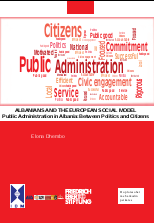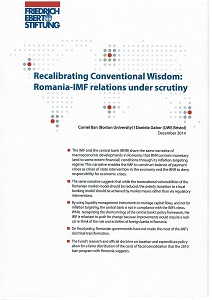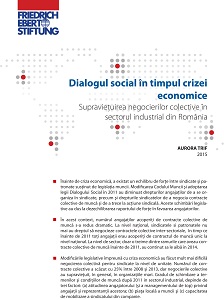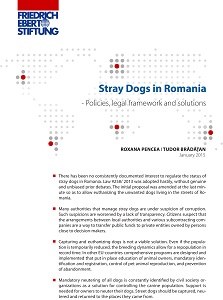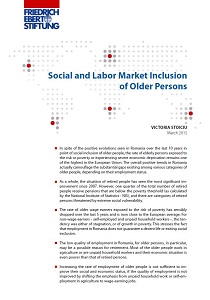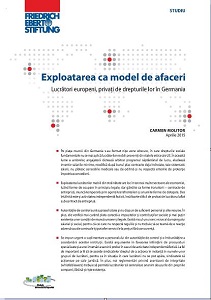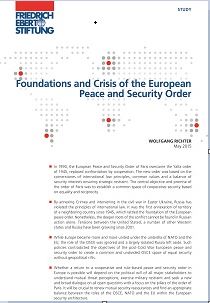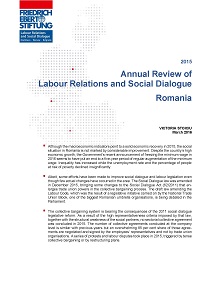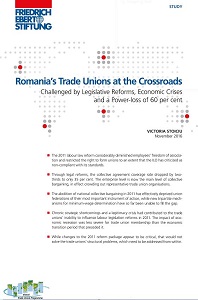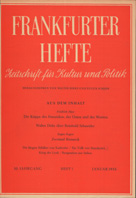
The New Society - Frankfurt Booklets
Die Neue Gesellschaft - Frankfurter Hefte
Die NEUE GESELLSCHAFT wurde 1954 als Theoriezeitschrift im sozialdemokratischen Umfeld gegründet. Nach der schweren Niederlage der SPD bei der zweiten Bundestagswahl im Jahr zuvor sollte die linke Opposition im Lande mit einem neuen Debattenblatt aus der geistigen Enge geführt werden. Zu den Gründungsherausgebern zählten Willy Eichler, der spätere Verfasser des Godesberger Programms, sowie die Professoren Otto Stammer von der FU Berlin Fritz Bauer, 1963 Chefankläger im Frankfurter Auschwitz-Prozess und Carlo Schmid, einer der geistigen Väter des Grundgesetzes. Im Mittelpunkt der ersten programmatischen Bemühungen der Zeitschrift standen die Abkehr von einem deterministisch geprägten Sozialismus-Verständnis, die Annäherung an Europa, der Brückenschlag zu den Kirchen. Chefredakteure waren Prof. Ulrich Lohmar, Leo Bauer, ein Wegbereiter der neuen Ostpolitik sowie von 1972 bis 1982 Herbert Wehner, von 1983 bis zu seinem Tod 2005 Peter Glotz. Seit Oktober 2005 ist Mitherausgeber Thomas Meyer auch Chefredakteur. Die FRANKFURTER HEFTE entstanden 1946 im linkskatholischen Milieu und erreichten als Pioniere der nachkriegsdeutschen Publizistik eine Spitzenauflage von 70.000. Ihre Gründer waren der Politologe Eugen Kogon, Autor des Buches "Der SS-Staat", und die Publizisten Walter Dirks, Walter Maria Guggenheimer und Clemens Münster. Nachdem Kogon und Dirks noch das christlich-sozialistische Gründungsprogramm der hessischen CDU verfasst hatten, wandten sie sich rasch von der Partei Konrad Adenauers ab und standen in Opposition zur Regierungspolitik der frühen Bundesrepublik. In ihren Europavisionen forderten Kogon und Dirks eine Abkehr vom klassischen Nationalstaat und den Aufbau einer europäischen Republik. Außerdem spielte die Zeitschrift mit den Debatten um eine paritätische Mitbestimmung in Großbetrieben lange Zeit eine herausragende Rolle. 1985 wurden die FRANKFURTER HEFTE von der NEUEN GESELLSCHAFT übernommen. Heute versteht sich die Zeitschrift nicht mehr als Theorieorgan klassischen Typs, sondern als Zeitschrift für Politik und Kultur, der kluge Zeitdiagnosen und Kommentare ebenso am Herzen liegen wie praktische Zukunftsentwürfe.
More...
